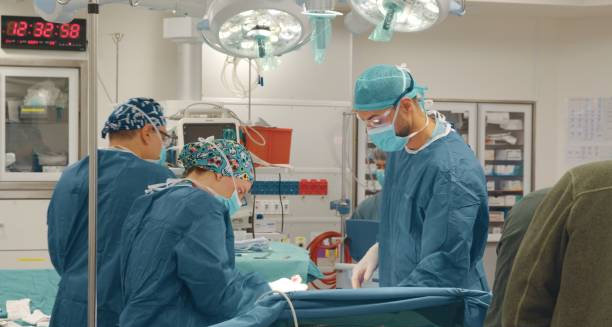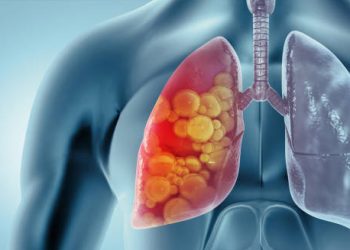Treatment of Congenital Heart Disease
Treatment of congenital heart disease depends on the type, severity, and individual needs of the patient. While some defects require no intervention, others need medication, surgery, or lifelong management. The goal of this treatment is to ensure normal growth, function, and quality of life.
Medication
Certain medications may help manage symptoms or prevent complications:
Diuretics – Reduce fluid buildup
ACE inhibitors – Lower blood pressure and reduce the heart’s workload
Beta-blockers – Help control heart rate and rhythm
Anticoagulants – Prevent blood clots in conditions like atrial septal defects
Medications are typically paired with other therapies or used short-term before surgery.
Surgical Procedures
Moderate to severe defects often require surgery to fix or replace faulty heart structures:
Septal defect repair (closing holes between heart chambers)
Valve repair or replacement
Arterial switch or conduit placement for incorrect vessel connections
Specialised paediatric cardiac centres typically perform open-heart surgery within the first few months of life.
Catheter-Based Interventions
Less invasive procedures use a catheter inserted through a blood vessel:
Balloon valvuloplasty to open narrowed valves
Device closure of small defects like atrial septal defects or patent ductus arteriosus
These procedures are often performed on an outpatient basis with quicker recovery times.
Lifestyle and Follow-Up | Treatment of Congenital Heart Disease
Ongoing care is essential, including:
Regular follow-up with a cardiologist
Physical activity guidance
Monitoring for arrhythmias or complications
Endocarditis prevention (antibiotics before certain dental or surgical procedures)
In summary, the treatment of congenital heart disease may range from observation to complex surgery. With proper care, many individuals lead full, active lives, even after serious heart conditions.
[Next: Complications and Recovery from Congenital Heart Disease →]


